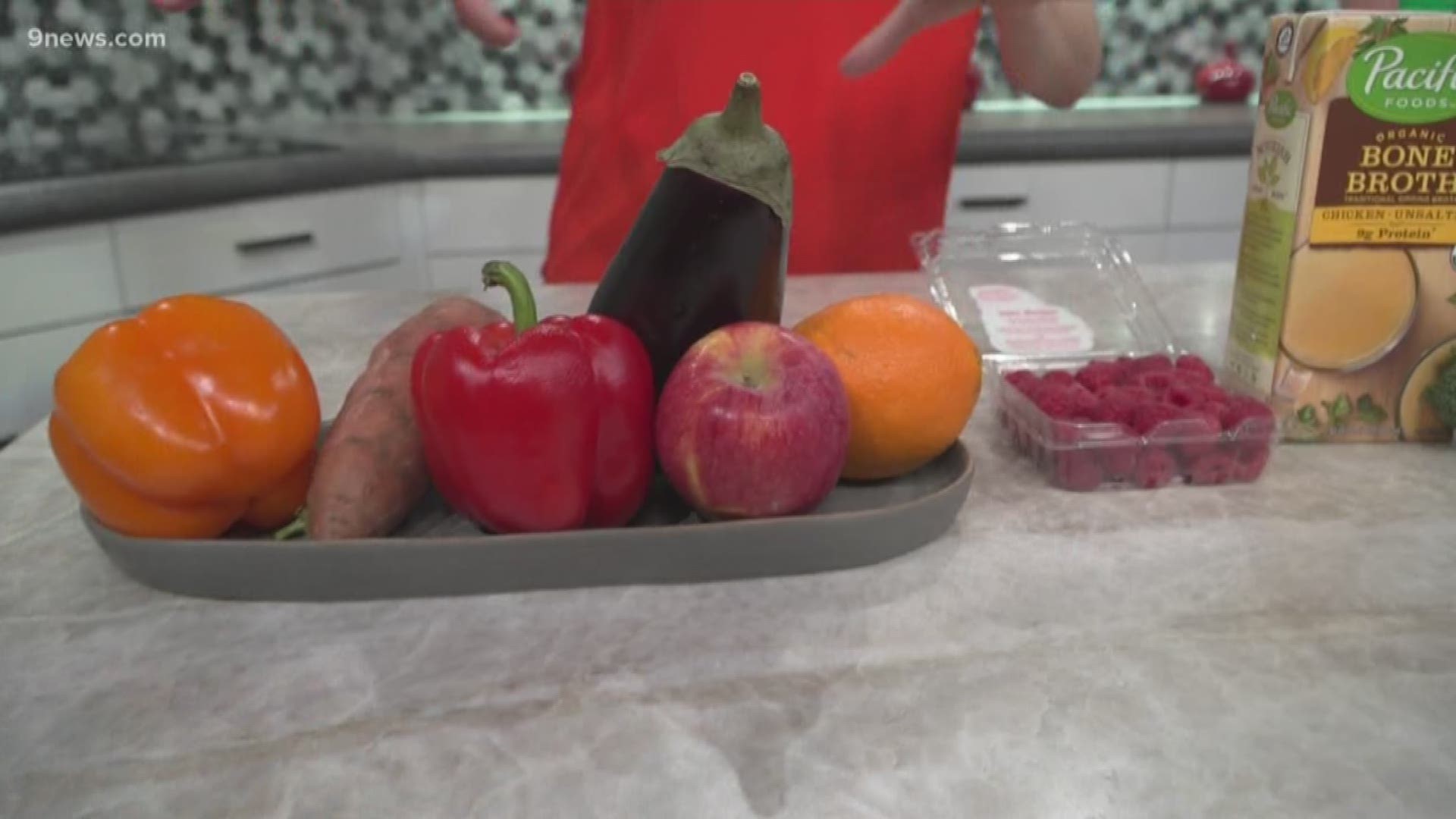DENVER — Want a flat belly? That’s often the question posed on thousands of ads once the weather gets warmer – and the thought of putting on a bathing suit gets planted in your head.
The truth is, it’s not going to happen by any magic potion, pill or tea. Further, depending on where you start, it may take longer than you think.
Determining the cause is the first step. If a protruding belly is caused by long term excess gas or bloating, visiting your primary care physician could is a good first step to help rule our underlining causes.
If it’s not, then focusing on diet and exercise are your go to options. Here are some tips to achieve it.
Stop eating at least three hours before going to bed
It’s takes the body time to digest and metabolize food (especially when that food is high in fat and or chock full of fiber). Giving your body time to accomplish this before your climb into bed may help with having a flatter tummy in the morning.
Focus on plenty of water and hydrating foods
Maintaining a hydrated state is key with helping a flat tummy. When you focus on water, you aren’t focusing on foods that could hinder a flat tummy (think sugar laden juices and soda’s or even artificially sweetened options). Further, many foods can help to keep hydration levels up. Examples include fruits and vegetables, soups and broths and dairy products like milk and yogurt.
Increase soluble fiber sources
Fiber is essential to good health but soluble fiber in particular is critical for a good poop as well. Getting bulk out of the system is key to keeping bloating down. Soluble fiber sources are anything that does not swell in water. Examples include small amounts of beans and lentils, avocados, seeds and nuts, oats, cruciferous vegetables and the skins of fruits.
Get a god gut
Probiotics, through supplements, or fermented foods, can help to increase healthy gut microbiota which may reduce both bloating and gas.
Get adequate sleep
Studies show that a lack of sleep can not only awaken a voracious appetite but can also hinder your ability to lose fat (and fat can be a huge flat tummy derailer).
Lower your intake of processed foods
Ultra-processed foods are the main source of sodium in the American diet. If you want to reduce your risk of bloating, decreasing sodium can help. That means, nix the snacky foods that your mindlessly munching on and opt for hydrating options (think fruits and veggies) instead.
Lower your carbohydrate content
Limiting carbohydrates in the diet, especially those that are refined or processed can help with overall weight loss and reducing of fat by inhibiting highs and lows of insulin and blood sugar
Stomach crunches are great, but cardio may help more
Studies show that reducing fat mass may be successful when a regular pattern of cardiovascular activity is adhered to.
Follow a FODMAP diet (if a protruding tummy is caused by IBS)
Studies show that a low FODMAP (fermentable oligo-, di-, mono-saccharides and polyols) diet may be helpful for individuals experiencing gas, bloating, or gastric distress, especially related to IBS. To learn more about a FODMAP diet, click here.
SUGGESTED VIDEOS: Feature stories

